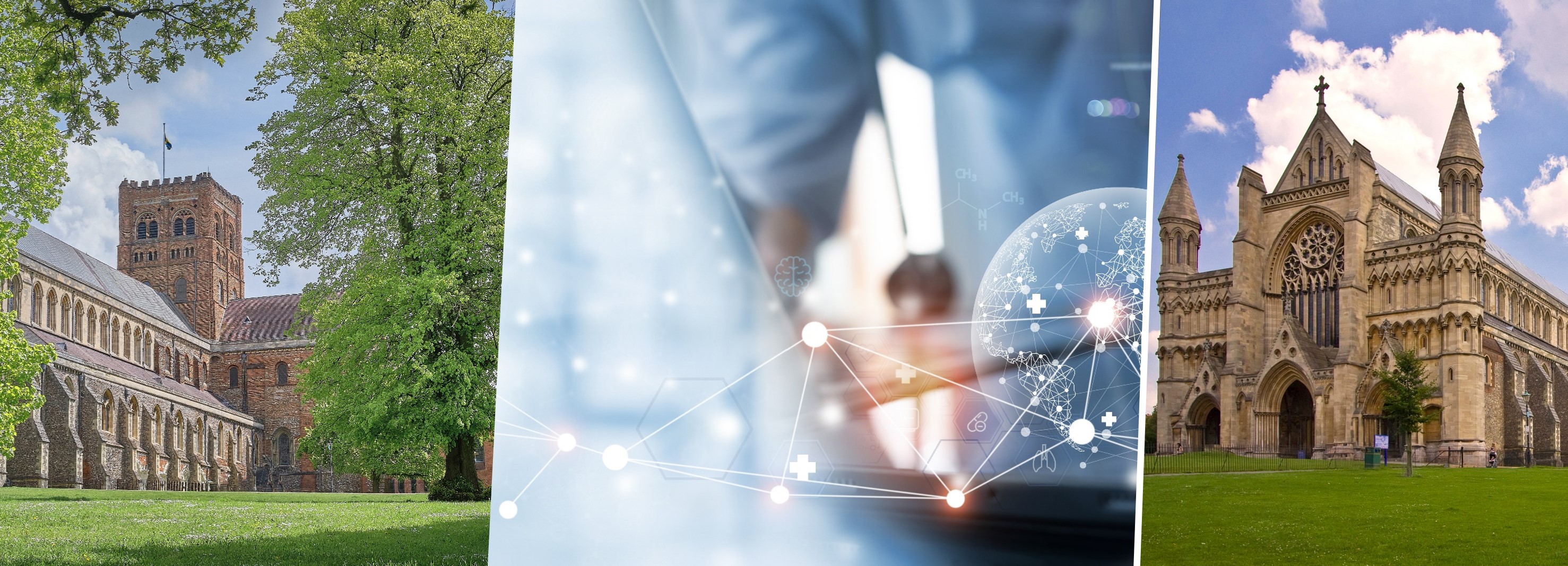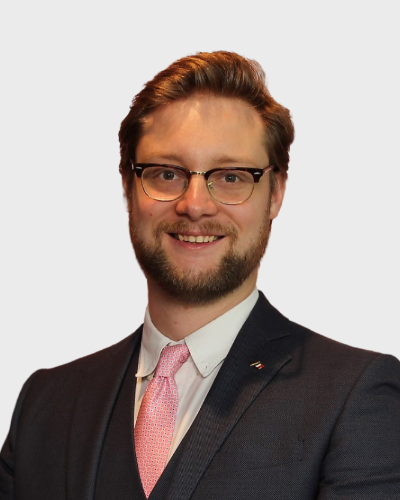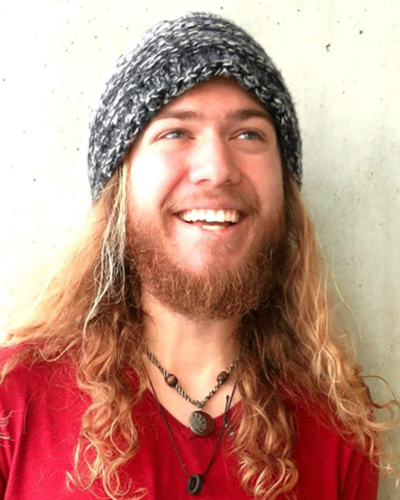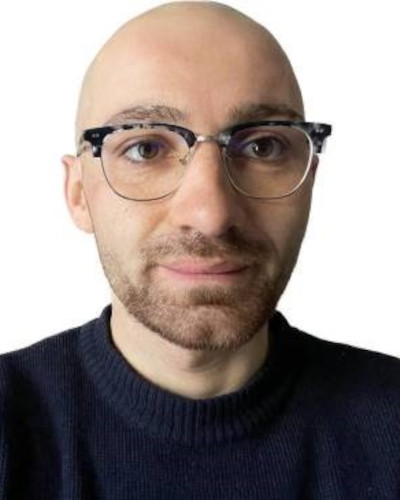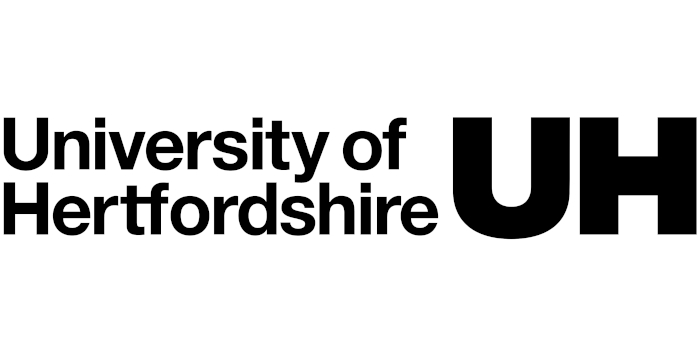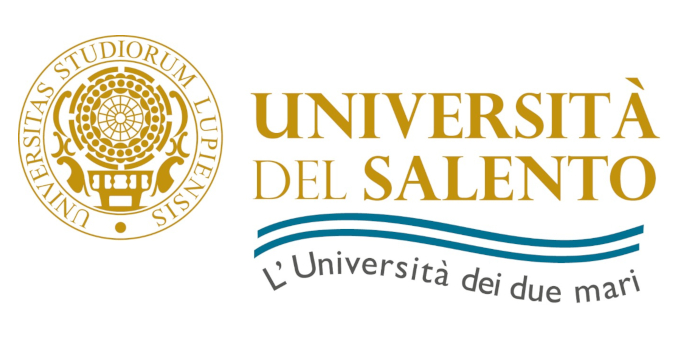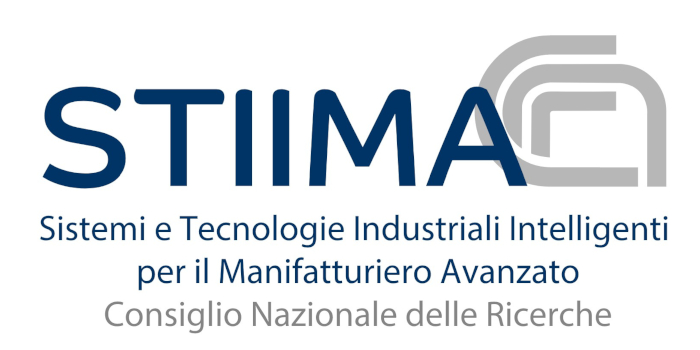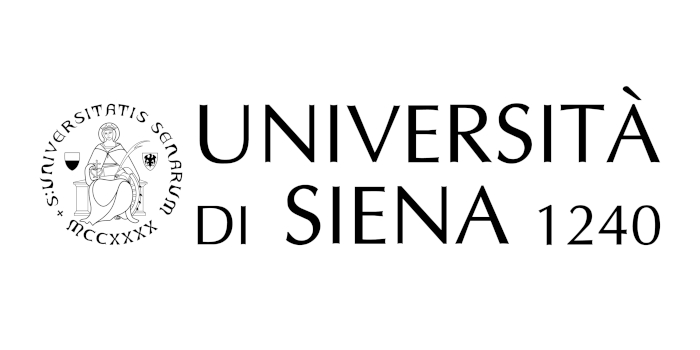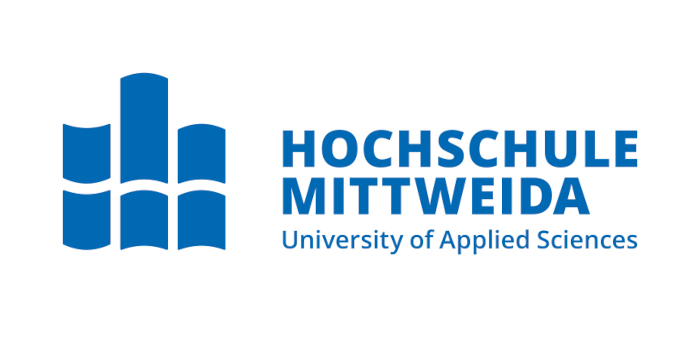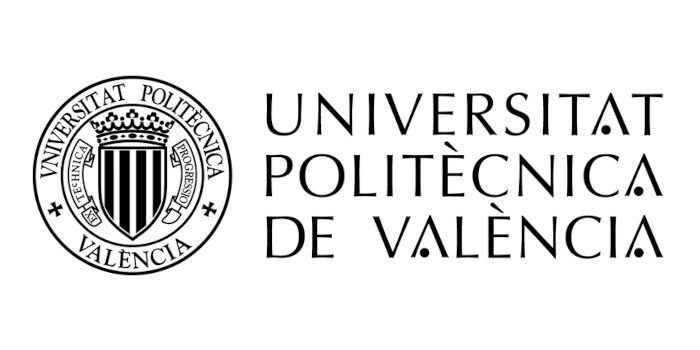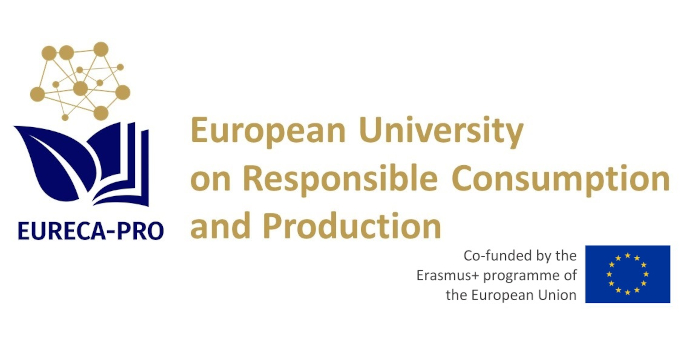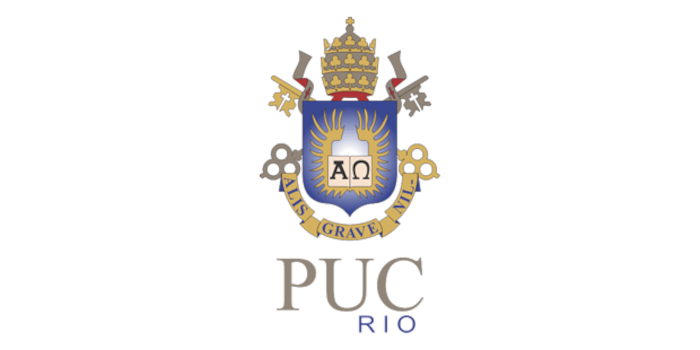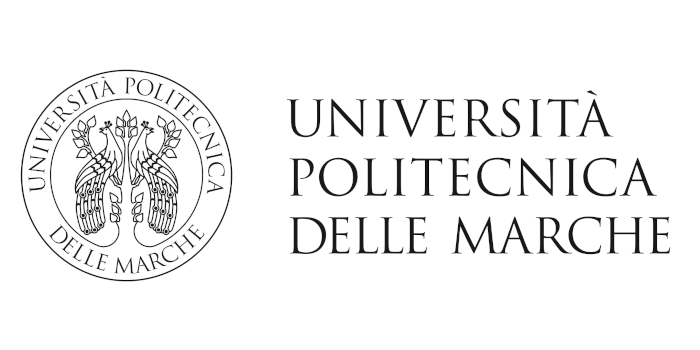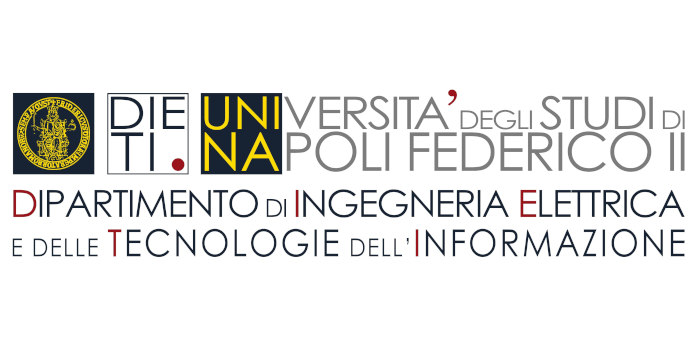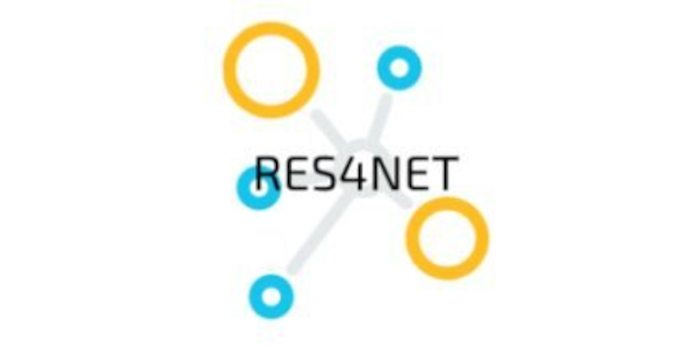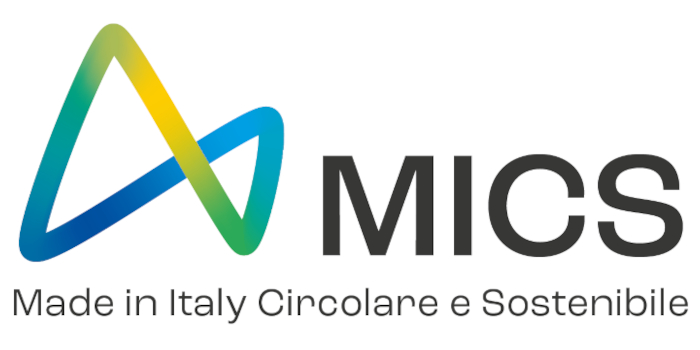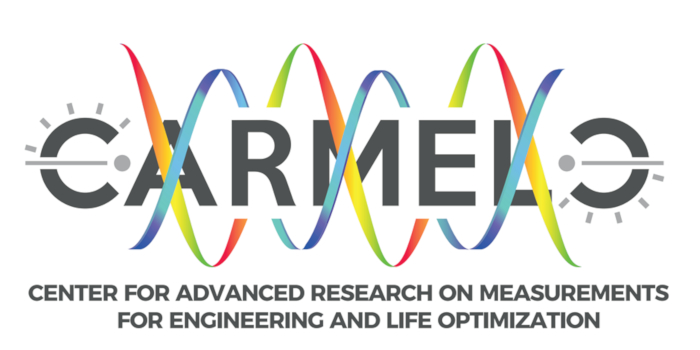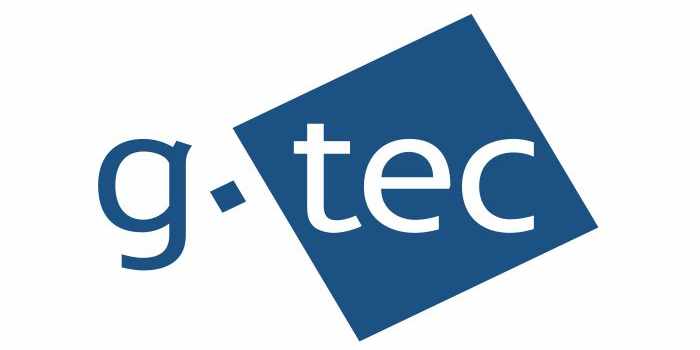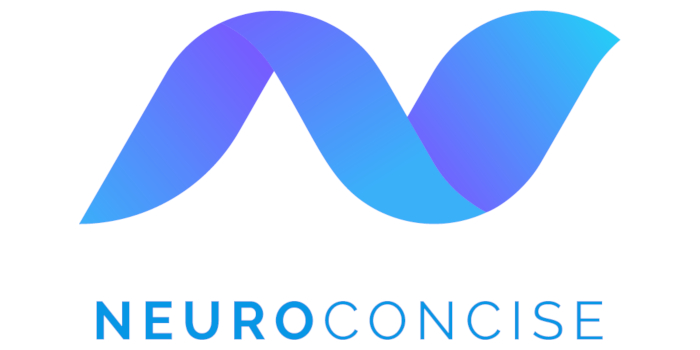SPECIAL SESSION #38
Neural Engineering and Metrology for Postural Control and Gait Analysis
ORGANIZED BY
Marco Recenti
Institute of Biomedical and Neural Engineering - Reykjavik University, Iceland
Kyle Joseph Edmunds
Institute of Biomedical and Neural Engineering - Reykjavik University, Iceland
Carmine Gelormini
Institute of Biomedical and Neural Engineering - Reykjavik University, Iceland
ABSTRACT
The study of human gait and postural control is a highly multidisciplinary subject that offers a deeper understanding of movement and its relationship with health. Within this field, tools from biomedical and neural engineering converge in the development of an innovative metrology that offers a detailed perspective on the complex mechanisms involved in maintaining posture and gait kinematics among both healthy individuals and those with mobility challenges.
This special session aims to explore the numerous facets of biomedical, artificial intelligence and neural engineering metrology for the advancement of multimodal approaches to mobility assessment and their potential impacts on diagnostic evaluation, mobility monitoring, rehabilitation, and treatment of underlying pathologies.
We are welcoming researchers, clinical practitioners, and community stakeholders to present their contributions to this multidisciplinary field, and we look forward to co-creating a constructive discussion of emerging findings, professional opportunities, and novel approaches in the field of human postural control and gait assessment.
TOPICS
Topics of Interest include:
- Biomedical/neural engineering metrology for postural control and gait assessment;
- Artificial intelligence for the assessment of biomedical datasets;
- Bio-signals and machine learning for motion sickness, cyber sickness, and seasickness;
- Extended reality environments for mobility assessment;
- Metrology techniques for pathological and healthy human movement;
- Brain connectivity and EEG neuroimaging;
- Proprioceptive adaptation and habituation to balance loss;
- Rehabilitation techniques for mobility impairments.
ABOUT THE ORGANIZERS
Marco Recenti, is currently a Post-Doctoral researcher and a teacher for the course "Application of Digital Health" and "Digital Transformation of Medical Images" in the newborn master degree in "Digital Health" at Reykjavik University, Iceland.
He received his Ph.D. in Biomedical Engineering at the Institute of Biomedical and Neural Engineering at the Reykjavik University, Iceland, in March 2023 with a thesis entitled "Advancing clinical evaluation and diagnostics with artificial intelligence technologies". He was visiting researcher at Chonnam National University, Yeosu, South Korea in 2022. He previously received his Master Degree in ICT Engineering from Polytechnic University of Torino, Italy, in 2019 and a bachelor degree in Telecommunication Engineering at the same university in 2016.
His main fields of interest are Digital Health, Artificial Intelligence and Machine Learning for Medicine, Health Informatics, and the applications of ICT in the biomedical engineering field.
He is author of 14 articles in peer-reviewed journals, 6 international conferences papers and 4 abstracts. He won the "Best PhD Contribution Award" at the MetroXRAINE Conference 2022 in Rome for the paper entitled "Predicting Lifestyle using BioVRSea Multi-biometric Paradigms".
Kyle Joseph Edmunds, is a Post-Doctoral researcher at the Institute of Biomedical and Neural Engineering at Reykjavik University and is also affiliated with the Alzheimer’s Disease Research Center at Wisconsin University in Madison, USA.
Kyle received the PhD in Biomedical Engineering at Reykjavik University in 2017 previously obtaining the Master Degree in Biomedical Engineering at Tufts University in Madison, USA in 2014. Kyle also has a Master Degree in Evidence-Based Social Intervention and Policy Evaluation obtained at Oxford University, UK in 2019.
Kyle's research focuses on the putative risk and resilience factors for neurodegenerative disease through examining their effects on cognition, circulating biomarkers, and neuroimaging outcomes. Currently, Kyle work explores how sleep and cardiorespiratory fitness influence multiple indices of aging brain health, including EEG, PET, and MRI-based measures of brain function and integrity, circulating Alzheimer’s disease (AD) biomarkers, and critical dimensions of neurocognitive function.
Kyle present bibliography contains twelve first-authored peer-reviewed publications, 23 additional co-authored publications, two textbook chapters, and twelve accepted conference presentations.
Carmine Gelormini, is currently a doctoral student at Reykjavik University. His main research focuses on quantitatively assessing postural control in healthy and diseased subjects using neurophysiological measures.
He earned a Master's Degree in "Statistical Sciences for Decision Making" at the University of Naples Federico II, developing a research question on the use of methods for the visualisation and analysis of complex data. His interest in the application of machine learning methods and statistical models led him to deal with the analysis of data from electroencephalographic signals (EEG), at the Laboratory of Psychophysiology and Cognitive Neuroscience of the University of Rome ‘Tor Vergata’. In the following, he collaborated with the University of Rome ‘Tor Vergata’ as a research fellow for the "Fall Arrest System (FAST) Project" aimed at develop a low-cost and easy-to-use technological device preventing the risk of falling in high-risk individuals.

